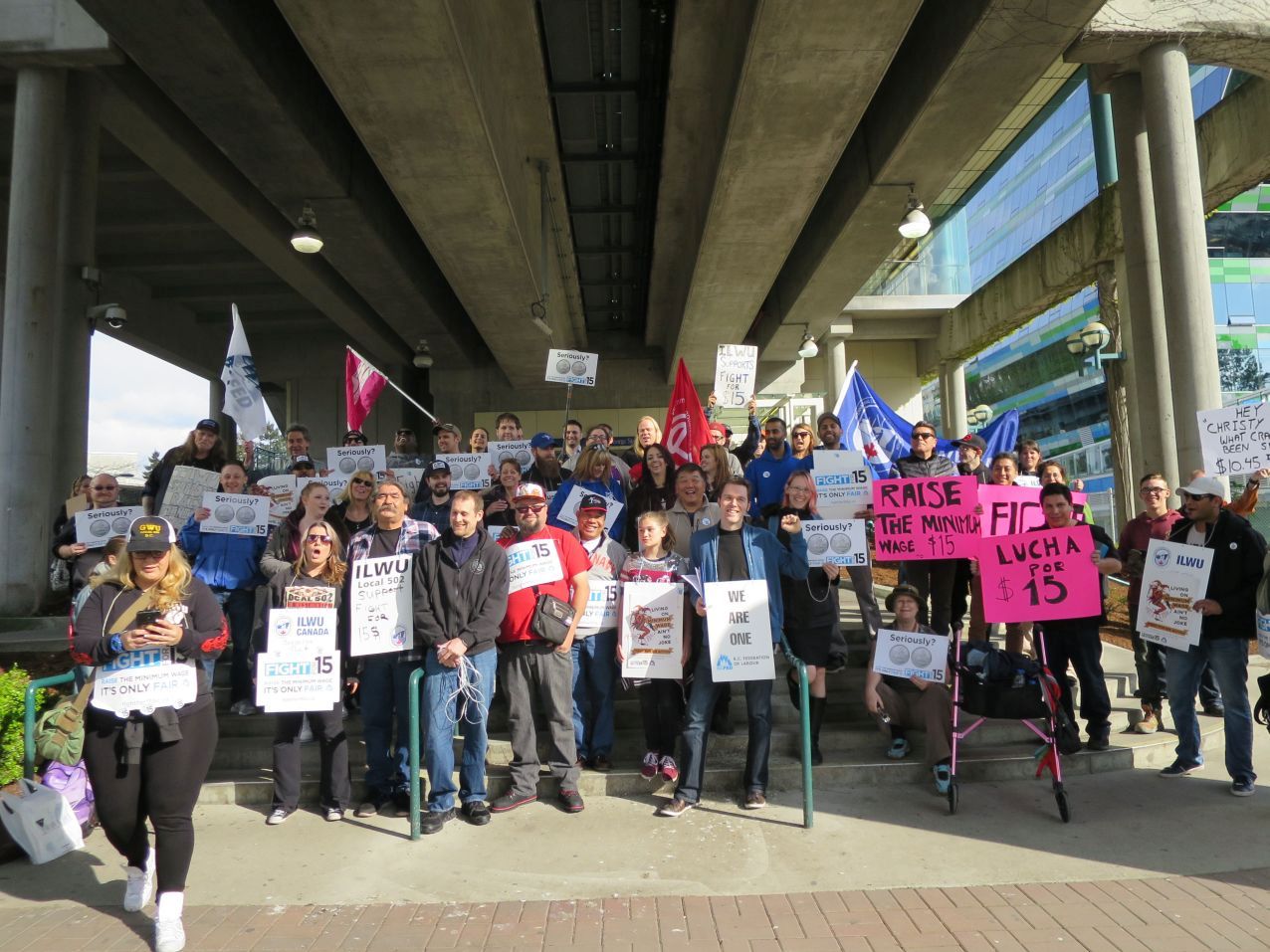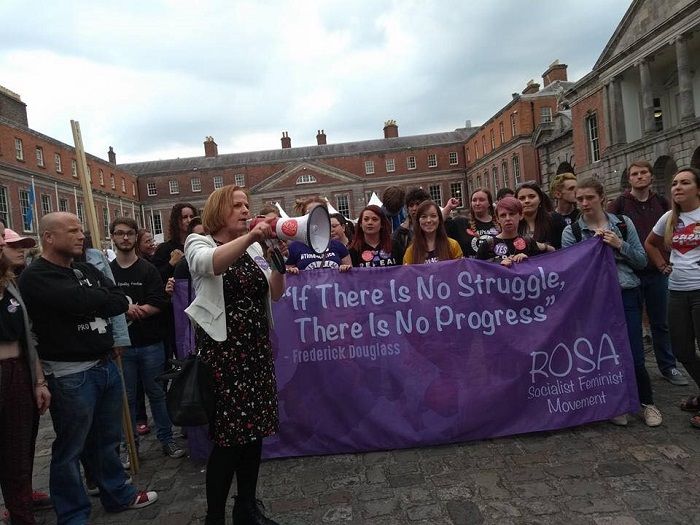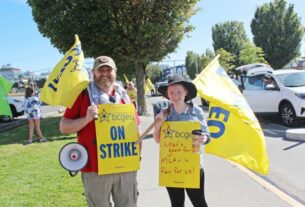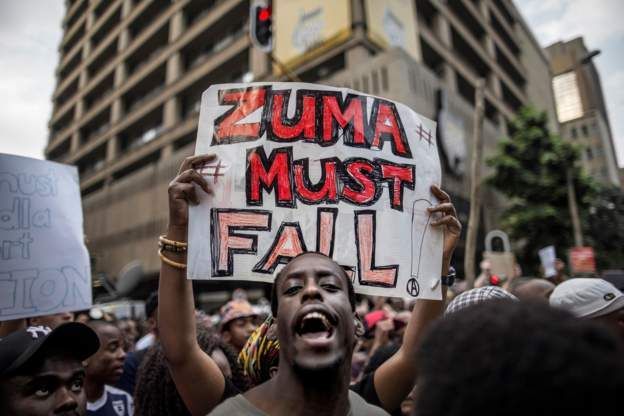
British Columbia’s NDP government delivered some good news and some bad news on the minimum wage. The good news: not only are we getting a $15 minimum wage, but they’re throwing two extra dimes into the deal.
The bad news: the low paid workers of Canada’s most expensive province will have to wait 40 long months – more than three years – to get the full increase. 40 more rent cheques. 40 more phone bills. 40 more transit passes (or a whole lot more than 40 trips to the gas station) to go to work for low-wage employers.
The BC Federation of Labour (BC Fed) correctly criticized the long phase-in. Predictably, some employers who do not care that workers have to work two or three jobs to make ends meet, complained that the increase was too much and too fast. For too long BC has been a place with widespread poverty among the people who go to work to keep the province’s economy functioning, including the workers who harvest our food, care for children, the sick and the elderly, work in stores and serve us food and drinks.
Given the long phase-in, at least the increases are front-loaded with two increases totalling $2.50 in the next two years followed by two increases totalling $1.45 in the last two years. However, as BC has a minority government and will have to have an election before the last increase, a future government may not even implement the full $15.20.
The victory for the $15 campaign in Seattle, led by Socialist Alternative’s city councillor Kshama Sawant, in June 2014, propelled the demand for $15 across North America. The BC Fed launched the Fight for $15 in November 2014. Socialist Alternative in Vancouver helped to win the BC Fed’s support for a $15 minimum wage and was in this campaign from the start. BC certainly needed a big increase as the province’s minimum wage was the lowest in the country at $10.25 an hour. For ten years, between 2001 and 2011 there had been no increase, as the previous BC Liberal government had frozen the minimum wage at $8. The combined pressure of unions, community groups, and workers forced the Liberals to budge more than they wanted to on the minimum wage during their final years in office. The planned ten-cent increase of autumn 2016 became forty cents under our pressure – not world-shattering, but a sign that we were having an impact even on a right-wing government.
Winning $15 is a major achievement. Half a million workers in BC currently earn less than $15 an hour. They are mostly adults (76% are twenty or older), women (61%), work full-time (53%) and work for large businesses of over 100 workers (54%). A $15 minimum wage will make a real difference to their lives, and their families and communities. The majority of the people in BC living in poverty work, so the increase will help tackle this disgrace. Once BC reaches $15, along with Alberta and Ontario, 63% of Canada’s population will have a $15 minimum wage; this will increase the pressure in the rest of Canada to also tackle poverty wages.
Before the 2017 election, the NDP committed to $15 by 2021. However, after assuming office in July, their actions have disappointed. Under threats from the Green Party, they dropped their campaign promise to bring in $15 by the end of their first term, referring the question of timing and amount to an arm’s-length Fair Wages Commission which would travel the province collecting views both for and against. Curiously, it was over a raise for workers, and not the Site C dam, that Andrew Weaver and the Greens apparently threatened to hold the NDP to ransom. The NDP similarly failed to impress in November, when they merely implemented the fifty-cent increase already promised by previous premier Christy Clark as an election-year concession.
Upon the government’s announcement of the Fair Wages Commission, the BC Fed took a politically nifty tack of trying to turn a negative into a positive, by declaring that the government should use the opportunity to expedite the timetable and implement $15 in one year – that is, by the start of 2019. This would get BC to that goal at the same time as Ontario and just a couple of months after Alberta. Similarly, the Living Wage Campaign called for $15 by March of 2019. Either date would have been an unequivocal victory.
The politics around increasing the minimum wage in Alberta and Ontario are different from BC. The longer phase-in in BC will give ammunition to the Tories and others in Ontario attacking that province’s phase-in. It is a shame that the Ontario Liberals, facing an election this year, have a bolder policy on the minimum wage than the BC NDP.
The 40-month wait is totally unnecessary. The Fair Wages Commission’s report did a good job of pointing out that BC has a relatively robust economy (around 3% growth for the past few years, although that is of course heavily tilted to the upper strata), that BC has a very high cost-of-living, and that BC’s low minimum wage hurts women, people of colour, and LGBTQ people disproportionately. The commission took this and much other good and relevant information, and then proceeded to throw it out the window completely in NOT calling for a quick path to $15. It’s as if the real recommendations were abducted on their way to the final report and replaced by an X-Files alien impostor.
During the minimum wage fight here and elsewhere, the holiest of holies, “small business,” was everywhere advanced as the inevitable victim of the irrational demand by lazy, unskilled workers for a higher minimum wage. Further, it was claimed that this economic armageddon would, ironically, hurt those same low-wage workers it purported to help, as small businesses would be swallowed by the earth itself and their now-destitute former employees would wander a Mad Max hellscape, scavenging through abandoned late-night diners.
As on Site C, the NDP gave undue weight to narrow and one-sided economic claims of big business. Countless studies of past minimum wage increases have shown that increasing the minimum wage does not destroy jobs, in fact it boosts local spending by low-wage workers, which benefits small business. Many small businesses who value their workers and want to avoid the cost of constantly training new ones, already pay their workers above the minimum wage. The majority of minimum wage workers work for large businesses, many of which make obscene profits out of poverty wages. Small business is always the friendlier mask that big businesses hides behind, as big businesses, for some reason, are too unpopular to directly make the case for continued low wages. (To be fair, there are also workers whose worst jobs have been at small businesses, which, while at a smaller scale, can be just as exploitative and tyrannical as any Walmart or Amazon.) That said, there is a case for policies favouring small businesses – the “mom-and-pop shops” – but not by paying some workers less. There are good reasons to have rent controls for small business and a much higher tax rate on a billion-dollar corporation such as Tim Hortons than for a corner cafe. We can ensure that the workers of companies, both big and small, are paid decently without shuttering every small business on the block.
So, what are the lessons we can draw from the Fight for $15? There would be no $15 in BC without the victory in Seattle or the long campaign here in BC. We in Socialist Alternative are rightly proud of our efforts in this campaign, especially considering our modest size and relative newness in BC. Socialist Alternative did consistent work in Vancouver and especially in Surrey, which is the province’s second-largest city but is drastically less politically served than is the city of Vancouver. We tabled almost weekly, and organized several rallies and public meetings in Surrey. In January, the BC Fed and Socialist Alternative organized pre-dawn and evening actions in solidarity with Tim Hortons’ workers.
Now the Fight for $15 must step up pressure on the questions that were left unresolved at this stage, such as the issue of current loopholes in the minimum wage that must be closed. It’s well-known that tipped workers are allowed to be paid $1.25 less than minimum wage. Less-known, and even worse, is that farmworkers in this province, including large numbers of migrants from India and Mexico, are exempted from any minimum wage beyond “how fast can you pick.” In our activities Socialist Alternative met people who line up for buses before 5 am to be driven out to the fields to earn less than three dollars an hour. This extreme exploitation must end, full stop, and the minimum wage must apply to ALL workers in BC.
The fields and the bars are also two places where sexual harassment and even assault are allowed to wreck lives. Women (and others) must be able to feel and be safe in their workplaces. Unions and advocacy groups should harness the momentum of the #MeToo movement toward this aim as the workers’ struggle in BC moves from $15 to other important demands.
The NDP’s decision on $15 was them trying their best to straddle yet another fence, between the needs of workers and the profit of corporations. The lack of brave action from the NDP government, such as their decisions on $15 and Site C which went against the wishes of most members of their party, risks demobilizing activists who are vital to defeating the Liberals.
While our movement’s lungs were not powerful enough this time to move the weathervane in our direction as fast as we wanted, we did significantly reduce the poverty of working people. Now the movement needs to make sure that in the next battles over exemptions, workplaces free of harassment, decent scheduling and the right to unionize, we can have the volume and energy necessary to shift the winds of change in the direction we want, no matter how friendly or hostile the government we face might be. To win victories, the movement needs the strength to guarantee any government has to listen and act. All gains for working people, such as $15, happen only with hard work and campaigning on the ground.




